Moving to a new area can be a daunting prospect. We put together a short guide for some things to keep in mind before you choose an area to buy a home. The DC Metro area has a wide variety of urban and suburban areas with a multitude of public transportation options. If there are any other questions you may have that aren’t answered here, don’t hesitate to contact us!

Understand Your Housing Needs: Before you start your search, housing typically boils down to compromising in 3 different areas: price, location, and house attributes. If you want to be in a prime location, you may need to buy a smaller home or expect to pay a higher price. If you’re willing to commute a bit further, then you may find more homes that check your boxes of wants and needs.
Contact Us: Working with a local real estate agent can be immensely beneficial. While you’re living elsewhere, we can meet via Zoom to setup your search criteria and even view homes virtually. Our team has in-depth knowledge of the local market, access to new listings, and expertise in negotiating deals. We can help you find suitable properties and guide you through the entire home-buying or renting process. Contact us to talk about your specific situation. For more info on what sets us apart from other agents, visit Buying with My Move DMV.
Research Neighborhoods: Washington, D.C. has a diverse range of neighborhoods, each with its own unique charm and character. Some are rich in nightlife and minutes from bars/restaurants, others have a historic feel to them or with abundant access to art exhibits and museums. There are several other options outside of DC in Virginia and Maryland with urban or suburban environments.
Schools: A common draw to some areas are ratings of the nearby schools. Greatschools.org is a great resource to lookup schools and how it ranks compared to others.
Determine Your Budget: The cost of living in the D.C. area can be high, so it’s important to determine your budget early on. Consider not only the purchase or rental price but also additional expenses such as property taxes, HOA fees, and utilities. We can help you find properties within your budget. If you’re considering a condo, many people are surprised at how high the monthly condo fees are in the area. Our team also has worked with many reputable local lenders to help get you prequalified.
Consider Commute Options: Washington, D.C. has a well-connected transportation system, including the Metrorail, Metrobus as well as the VRE (Virginia), and MARC (Maryland) commuter trains. Plan your route using the Washington Metro Transit Authority trip planner tool that will calculate the best route for you based on Metrorail and bus departure times. The Capital Bikeshare is another great way to get around the city, offering 700+ different docking stations to pickup/drop-off public use bicycles. There are several highways that are either a toll road, toll during peak times, or have HOV lanes in the area. If you’re curious about commute times with a car, open Waze or Google Maps during your expected commute time and check the estimated travel time.
To receive a call or email from one of our agents, tell us a bit about you.
